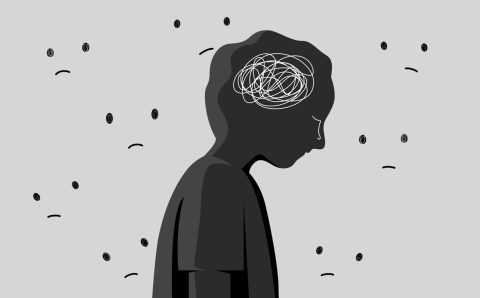Staff Conflict: Impact and Management (Self-Study)
Staff Conflict: Impact and Management (Self-Study)

KEY INFORMATION:
This course is eligible for 2 CEUs for Licensed Social Workers, Licensed Mental Health Counselors, Credentialed Alcoholism and Substance Abuse Counselors (CASACs), and Psychologists in New York State
For more information about CEU approval, please click here.
You will receive your certificate by email after your post-test is passed and your evaluation is completed.
Format: Self-Study Online Seminar
Introduction
What have been your experiences with staff conflict? What do you think causes staff conflict? And what opportunities does staff conflict present to improve our work environment, so we can best serve our patients and clients?
A clinician’s work environment not only affects the clinician, but also can have an effect on the clinician’s therapeutic relationship with their clients. Come learn with us how to work effectively in a team with our colleagues to provide the best care for our patients and clients.
Please join us.
What you’ll learn
At the end of this online seminar, you will have:
- Learned the different stages of team development and the common reasons why staff conflict arises.
- Mastered strategies on how to work effectively in a team, and how to prevent and address staff conflict.
- Learned the Principles, Techniques, Steps, and Do’s and Don’ts of the Socratic Motivational Practice to optimize teamwork and provide the best care for your patients and clients.
Who is this for?
This course is for any clinician invested in learning new or honing existing skills to be able to use in dynamic ways to support their patients and clients and to end suffering.
Here’s what attendees have been saying about SWEET seminars:
“This webinar not only emphasizes the importance of team cohesiveness, but it also demonstrates how to achieve it.” – Emmanuel, LMSW
“I enjoyed the interactive level of discussion, the content, knowledge, and holding us accountable for the follow up.” – Adolfo, LCSW
“It was informative because I work in a toxic environment.” – Sandra, LCSW-R






